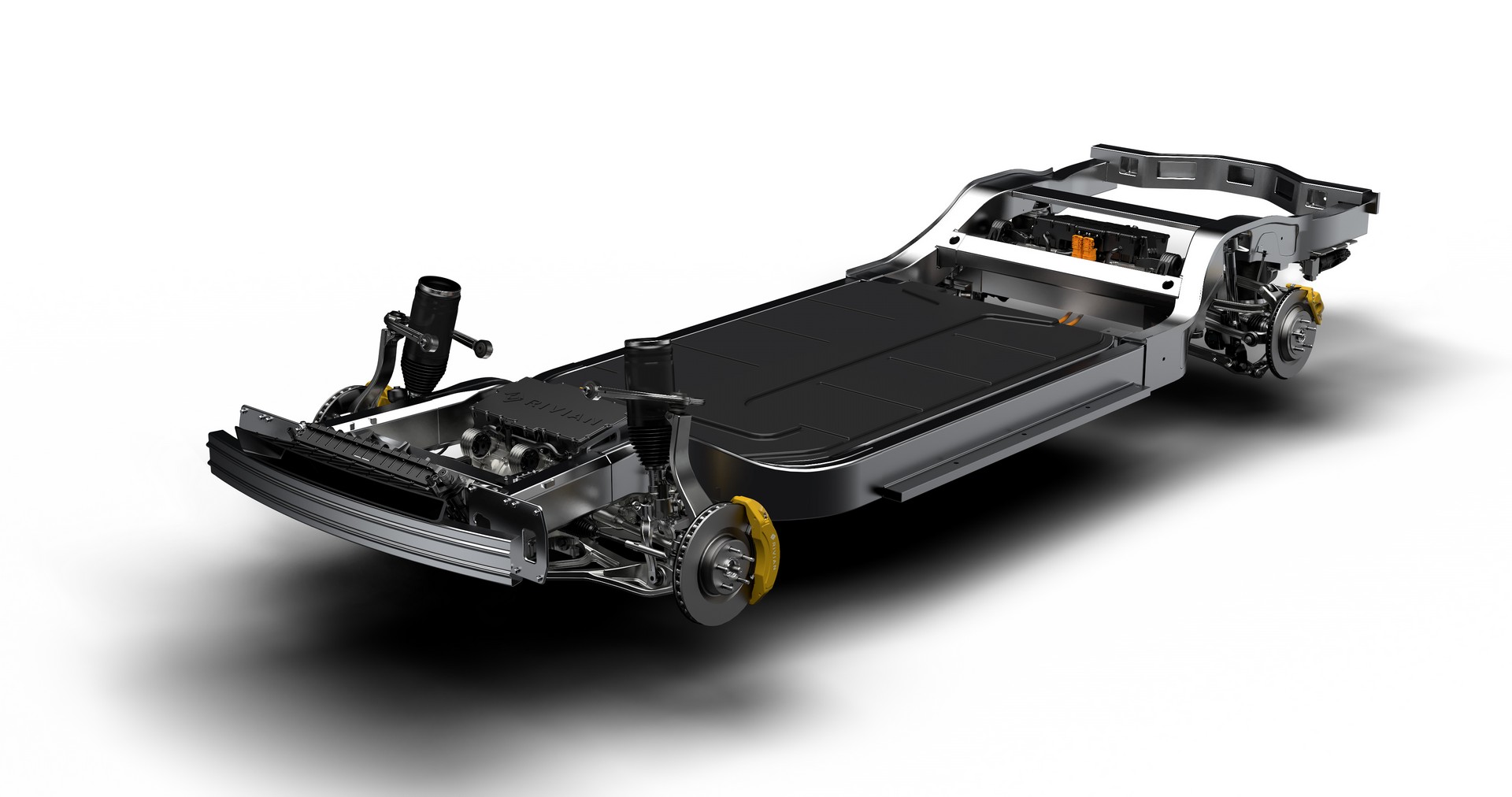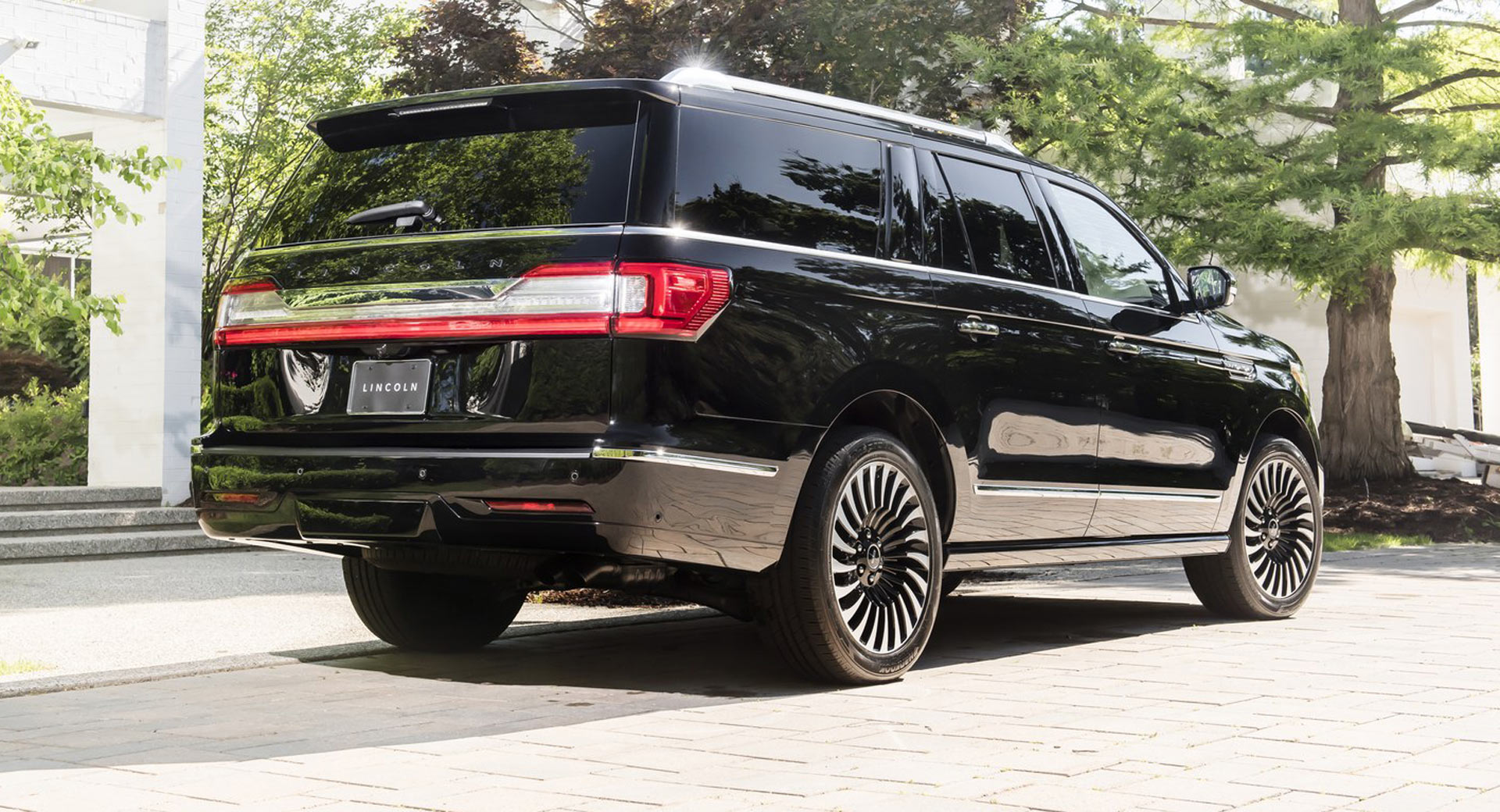Ford and Rivian inked a partnership last year and now Rivian CEO RJ Scaringe has revealed some details about their joint vehicle.
Speaking to Motor Trend, Scaringe said the model is a “very different product from our own SUV, but it’s still in the SUV space.” He also suggested the vehicle will be aimed at luxury buyers and this implies it will be a Lincoln.
While he wouldn’t be drawn into specifics, Scaringe suggested development has progressed nicely as the design and engineering work has already been locked down. He went onto say the model will be a “impressive product” and that’s not too surprising as the vehicle will ride on Rivian’s skateboard platform and be built at the company’s plant in Normal, Illinois.
Also Read: Ford’s Rivian-Based EV Will Reportedly Be A Lincoln Crossover That Arrives In 2022
Despite having a lot of the work completed, there could be challenges on the horizon. As the publication noted, Ford will have to modify its infotainment system to make it compatible for use on the Rivian-based SUV.
Scaringe was tight-lipped on specifics, but previous reports have suggested the model will be a Lincoln crossover that will be launched in mid-2022. The model is expected to be relatively large as Lincoln is also rumored to working on compact and mid-sized electric crossovers.
Getting back to today’s report, it seems that the Rivian-based model will have an aluminum body just like the F-150, Expedition and Navigator. This isn’t too surprising as the R1S and R1T are also aluminum intensive, but Scaringe revealed Ford has been helping them by sharing their expertise in the field of aluminum construction.
Besides talking about their partnership with Ford, Scaringe revealed details about their contract to build a 100,000 delivery vans for Amazon. They can be equipped with 105 kWh, 135 kWh and 180 kWh battery packs just like the R1S and R1T. The vans are also set to share powertrain components with the aforementioned models, but don’t get your hopes up for a cargo hauler with a combined output of 753 hp (562 kW / 764 PS) and 825 lb-ft (1,120 Nm) of torque.
Amazon has previously said the vans will start delivering packages in 2021 and the company expects to take delivery of 10,000 units as early as 2022.







